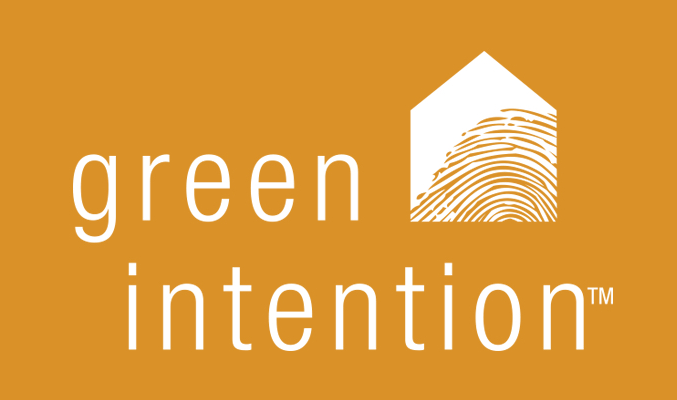 Good, better, or best? This credit has a prerequisite for “good” air filters, offers one point for “better” filters, or two points for “best” filters. The intent is clearly to filter the air — but from what? They call it “particulate matter” — stuff in the air that we can’t really see, but we breathe it in and it can have adverse health effects. Particularly in homes located near highways, homes with pets, or for anyone with allergies to dust or pollen, air filters can make a big difference. (The biggest difference, though, comes from changing out the air filters on a regular basis — something many people don’t even know how to do!)
Good, better, or best? This credit has a prerequisite for “good” air filters, offers one point for “better” filters, or two points for “best” filters. The intent is clearly to filter the air — but from what? They call it “particulate matter” — stuff in the air that we can’t really see, but we breathe it in and it can have adverse health effects. Particularly in homes located near highways, homes with pets, or for anyone with allergies to dust or pollen, air filters can make a big difference. (The biggest difference, though, comes from changing out the air filters on a regular basis — something many people don’t even know how to do!)
The industry standard for comparing levels of air filtration is a MERV rating: minimum efficiency reporting value. MERV ratings characterize the effectiveness of a mecahnical air filter based on the number and size of the particulates that can normally get through the filters. The higher the rating, the better – and usually more expensive. The prerequisite MERV rating is ≥ 8; we can get one point for installing air filters ≥ MERV 10 and two points for ≥ MERV 13. In all cases, “air filter housings must be airtight to prevent bypass or leakage.” Our current air filters are rated at MERV 11, so we would normally get just one point (though it is easy enough to buy MERV 13 filters) but definitely meet the prerequisite.
But there is a caveat to this credit: having a true HEPA filter (not a “HEPA-type” filter) counts as equivalent to MERV 16 (and therefore worth two points). The whole-house HEPA filter, which was supplied by Pure Air Systems, is supposed to remove 99.97% of all particles, and is recommended by the American Lung Association.
Air filtration was an important component of our goal of having a healthy home, so we did purchased a whole-house HEPA filter. Because we live in Minnesota, we do not open our windows for many months out of the year. In the winter, air can get pretty stale pretty quickly, and so can smells! Since we have in-floor heat that is sufficient to heat the entire home, we needed a variable-speed fan air handler that would quietly and gently circulate the air. The HEPA filter just ensures it is really clean air. It also cost an incremental $1,500 or so; I won’t attribute this cost to getting LEED certified, though, because we would have done this anyway.
Additional points needed to get to Gold: 7.5
